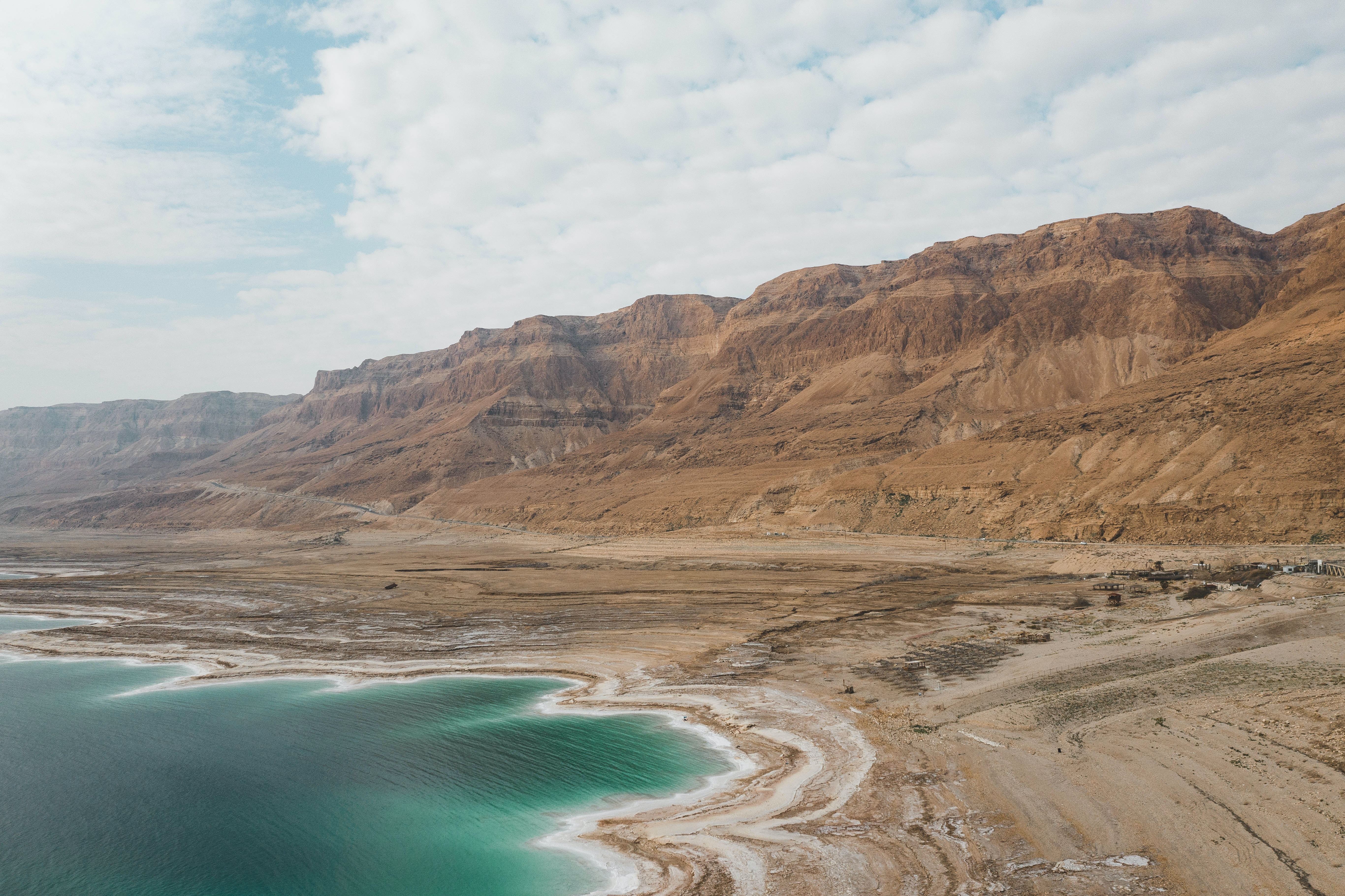Flights to Israel

When to Visit
Israel, a country that is a fusion of ancient and modern cultures, offers a variety of experiences for all types of travelers. The best time to visit Israel is during the spring (April and May) and autumn (September and October) when the weather is mild and the temperatures are comfortable, usually ranging between 15°C to 25°C, making it a pleasant time for sightseeing and other activities. The summer months (June to August) are hot, with temperatures often exceeding 30°C, especially in southern and eastern parts, but they are also the peak tourist season. Winters, from December to February, are mild but rainy, with snowfall occurring in the higher elevations.
Good to Know
Hebrew and Arabic are the official languages of Israel, but English is widely spoken, especially in tourist areas, and most signs are in English as well. The currency used is the Israeli New Shekel (ILS). Credit cards are widely accepted, but it’s always handy to have some cash, especially while visiting local markets.
Israel has a well-developed public transportation system, including buses, trains, and shared taxis known as "sheruts". Taxis are also readily available. Renting a car is a good option for those wanting to explore remote areas, but be aware that traffic can be heavy, especially in cities like Tel Aviv and Jerusalem. The cost of living is relatively high in Israel, especially in terms of accommodation and dining out. However, street food is both delicious and affordable.
When dining, it is customary to leave a tip of around 10-15% in restaurants. Israeli cuisine is diverse and flavorful, catering to all dietary preferences including a range of options for vegetarians and vegans. It’s important to stay hydrated, particularly during the summer months, and bottled water is recommended.
What to See
A flight to Israel opens the door to a world of diverse attractions, from historical sites and religious landmarks to stunning natural beauty. Jerusalem, the capital city, is a spiritual hub for Jews, Christians, and Muslims, and is home to sacred sites such as the Western Wall, the Church of the Holy Sepulchre, and the Dome of the Rock. The Israel Museum and the Yad Vashem Holocaust Memorial are also must-visit places in Jerusalem.
Tel Aviv, often referred to as the "city that never sleeps", is known for its vibrant nightlife, beautiful beaches, and impressive architecture. The UNESCO-listed White City, renowned for its Bauhaus-style buildings, and the ancient port city of Jaffa are highlights of Tel Aviv.
Haifa, with its stunning Baha'i Gardens and the Carmel Mountain, offers a blend of natural beauty and multicultural charm. The Dead Sea, the lowest point on earth, is famed for its therapeutic mud and salty water, making it a unique spot for relaxation and wellness.
For nature lovers, the lush landscapes of the Golan Heights and the rugged beauty of the Negev Desert are a delight to explore. The ancient fortress of Masada, overlooking the Dead Sea, is a symbol of endurance and a site of historical significance.
Eilat, located at the southernmost tip, is a resort town known for its coral beaches, vibrant marine life, and water sports, providing a perfect escape for those looking to unwind by the Red Sea.
Israel’s diversity, from its archaeological treasures and religious sites to its modern cities and natural wonders, makes it a fascinating destination for travelers seeking a rich and varied experience. Whether exploring the ancient streets of Jerusalem, basking on the beaches of Tel Aviv, or hiking through the scenic landscapes, Israel offers a tapestry of experiences that cater to all interests and ages. The mix of cultures, traditions, and the welcoming nature of the locals add to the allure, making a journey to Israel a memorable adventure.





